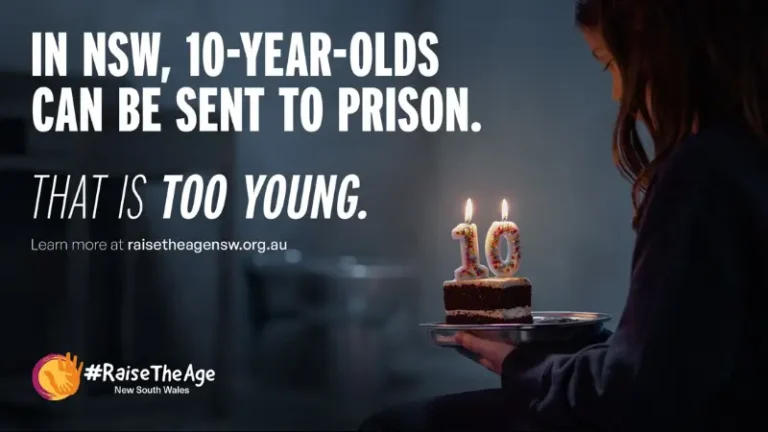Blind Citizens Australia has lodged a discrimination complaint with the Australian Human Rights Commission against the NSW Electoral Commission (NSWEC) and NSW Electoral Commissioner to ensure blind and vision impaired people can cast a secret, independent and verifiable vote at the 2023 NSW State Election.
The action follows the decommissioning of the iVote online voting platform and the decision by the NSW Electoral Commissioner not to make an equivalent platform available for the 2023 NSW State Election.
‘The decision not to offer iVote in the upcoming State election is a disappointing and distressing decision for the blind and vision impaired community,’ said Blind Citizens Australia CEO Sally Aurisch.
‘Without iVote, many people who are blind or vision-impaired can’t vote independently. Instead they need to vote on the phone, which isn’t an equivalent option. Phone voting means you tell another person your vote, so it isn’t secret, and there’s no way to verify that your ballot has been cast according to your instructions.’
iVote was introduced by the NSW Government in 2011. Since then, it has provided people who are blind or vision impaired with a way to lodge a secret, independent, and verifiable vote, unlike other forms of assisted voting.
Following technical issues which prevented some voters from casting their ballots via iVote at the 2021 local government elections, NSWEC announced that the current version of iVote would be phased out and would not be replaced in time for the March 2023 NSW State election.
PIAC is assisting Blind Citizens Australia with their complaint.
‘Voting is a fundamental right that should be freely and equally accessible to all citizens,’ said PIAC Senior Solicitor, Ellen Tilbury.
‘NSW led the way with iVote and its cancellation means that people who are blind and vision impaired will not have the same access to voting as everyone else. It’s a clear step backwards.’
‘If the NSW Electoral Commission can’t make iVote available for the 2023 State election we’re asking for an equivalent voting option so that blind and vision impaired people have the same access to voting as everyone else,’ said Sally Aurisch.
‘We look forward to standing up for our members’ rights to a fully accessible and inclusive electoral process in the Australian Human Rights Commission.’
Media contact: Alastair Lawrie, Director, Policy and Advocacy (PIAC) 0478 739 280

Watch: Challenging Injustice in Community Housing